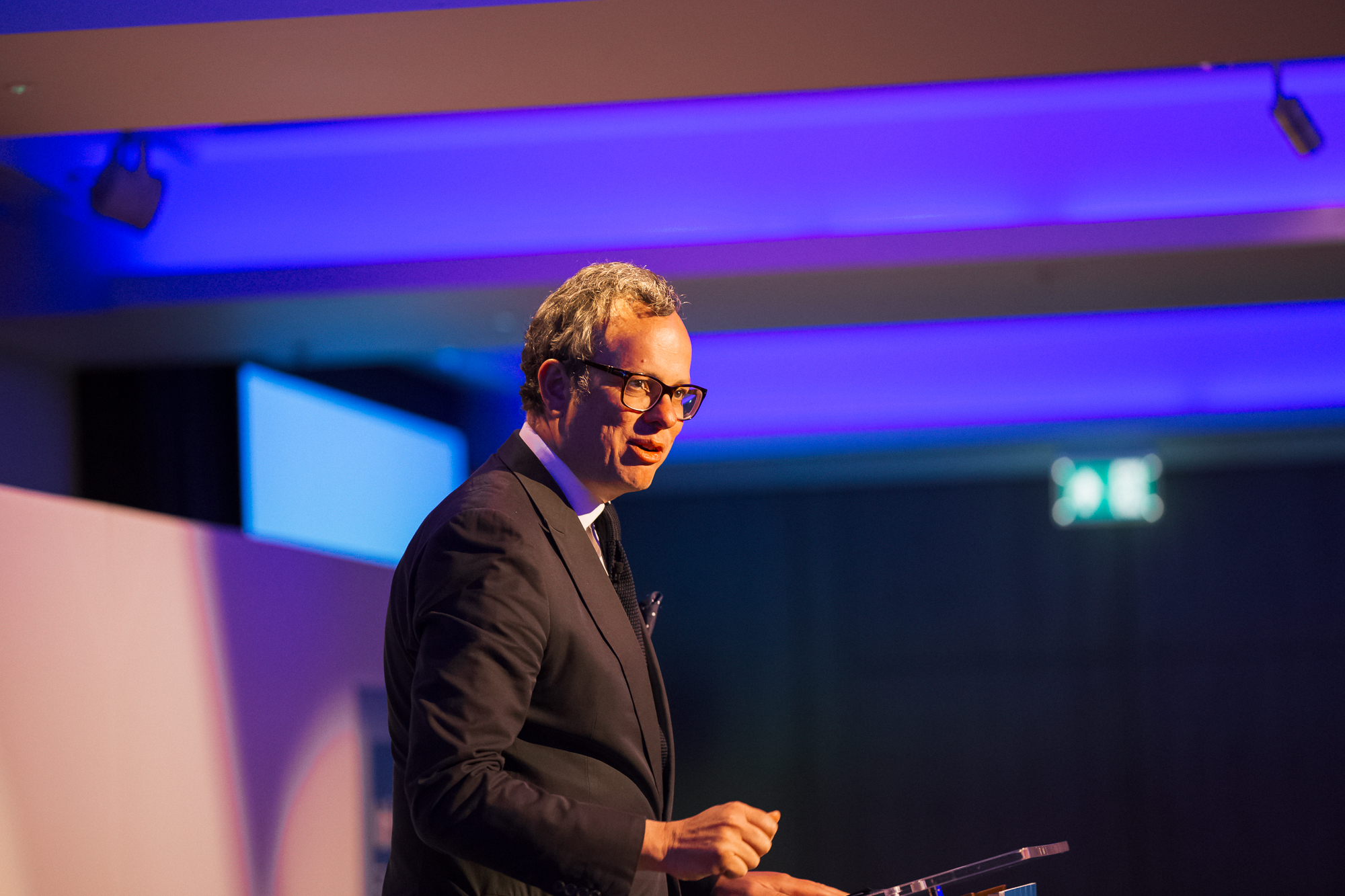
“Purpose is power in our age of activism. And with so many challenges facing the world, business can and must show its quality and make its voice heard.”
This article by Michael Hayman was first published in Elite Business Magazine.
Purpose is power in our age of activism. And with so many challenges facing the world, business can and must show its quality and make its voice heard.
This is the message I delivered to an audience of entrepreneurs at Elite Business Live this month. And I believe that our growing firms can be match fit to meet the challenge.
As Chair of the Small Business Charter, we deliver the Help to Grow: Management Course to unlock business potential. It is about giving entrepreneurs a shot at scale – a 90% funded programme delivered through 45 business schools nationally, where you can grow your business through 50 hours of training, including face-to-face case study sessions, one-on-one mentoring, and an opportunity to really think about the future. With feedback from companies that have received mentoring so far being positive –89% say they were very or fairly satisfied with it – this is a programme with huge advantage for entrepreneurs.
Plus, an entrepreneur puts in £750 and the Government puts in £7500: and this gives you access to some of the best minds in business. The Course is being offered for 4 years and will run in 2022 in every region of England and in Scotland, Northern Ireland and Wales. The programme can help unlock the potential of the nation.
Why does this programme matter? Because change is ever present for all of us, and growth and national innovation is the key to unlocking it. Now, more than ever, we need strong schemes backing businesses. Help to Grow, seriously and practically addresses a long-standing under-supply of training support for entrepreneurs, with the potential to power a new innovation ecosystem for founders and funders alike.
Since the 2008 financial crisis, the UK’s track record of fostering start-ups and scale-ups has put entrepreneurs and small-and-medium sized firms at the heart of national economic growth. As we look to power a new recovery following the Chancellor’s Spring Statement, creating the conditions for young firms to thrive is an urgent matter.
The average age of an S&P500 company is now under 20-years-old, down from 60 in the 1950s. The profile of success is also changing. Of its current members, it is estimated that 80% of the value of these firms is intangible – think reputation and relationships, not just revenue.
Companies need to connect with their customers in a way that perhaps they have never done before. And it is not just tech driving this, social change is too. Concerns over the planet influence factors far beyond climate change: relationships with your shareholders, with your stakeholders, with everybody around you. There is rightly a widespread expectation that business must be the good citizen of the future.
To turn a famous phrase on its head, with great responsibility comes great power. Business as a body of influence has more of both than ever.
In many cases it is the businesses who are just getting going that are driving change. We can therefore draw the conclusion that the most powerful companies of our lifetime are yet to be created. And what is interesting is that these new companies are going to get involved with some of the big challenges of our time.
This is the age of the activist business, ESG and sustainable investment and growth. There is something heroic about the moment right now in an uncertain and unstable world, as entrepreneurs become forces for change in the community.
Strong brands are defined by the ownership of thoughts, by their ideas, and by their mission. It’s why you have to work on your business, not just in it.
Steve Jobs once said that it’s better to be a pirate than to join the Navy. That means thinking differently about the future. And it’s why business schools have such a vital role to provide entrepreneurs with the space to think about what comes next so that they have the freedom to grow their business their way.